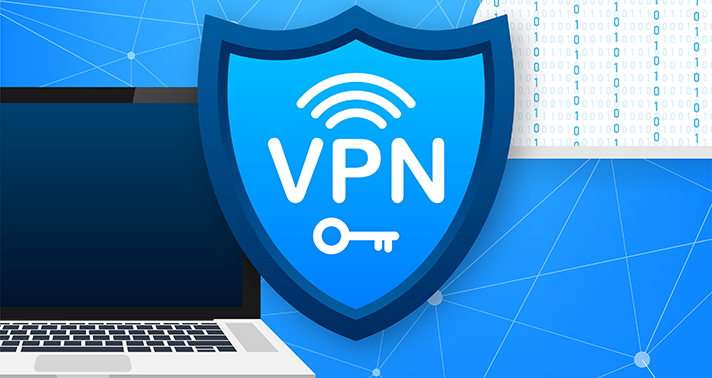To the uninitiated, a FREE VPN or Virtual Private Network refers to a network used by businesses or other public telecommunication infrastructure to connect with remote sites. Thus, virtual connection is routed through the internet from the businesses’ private network to the employee. Although this is a faster and more effective method when compared to ‘leased lines’; not all VPN service providers deliver fast VPN service. Here are some factors that affect its performance:
– The performance of a VPN largely depends on factors such as the country, the service that you use, the server that you connect to, the number of other users who are connected to the server, the operating system, the brand of phone, computer or VPN router that you use, your online activity, and your ISP.
– VPN is provided primarily through two protocols; OpenVPN and PPTP or Point to Point Tunneling Protocol. PPTP is simple and easy to set up. In fact you can set up PPTP with no software at all.. On the other hand, OpenVPN requires easy to use software for installation but provides superior security. OpenVPN is not compatible on mobile devices so it is important to carefully consider what your VPN needs are when selecting a VPN protocol.
– A VPN connection is required to encrypt and decrypt using keys, pass certificate inspections, and tunnel information through both the ISP and a different country where the VPN server is located. Although VPN service providers claim that the difference in speed due to the location of the server is negligible, they do agree that your distance from the VPN server will affect speed. Thus, if you are looking for a fast VPN make sure that you choose a VPN server that is close to you. A natural option would be to use service providers that have a large server base. Also, ensure that the service provider allows you to switch between servers for free.

